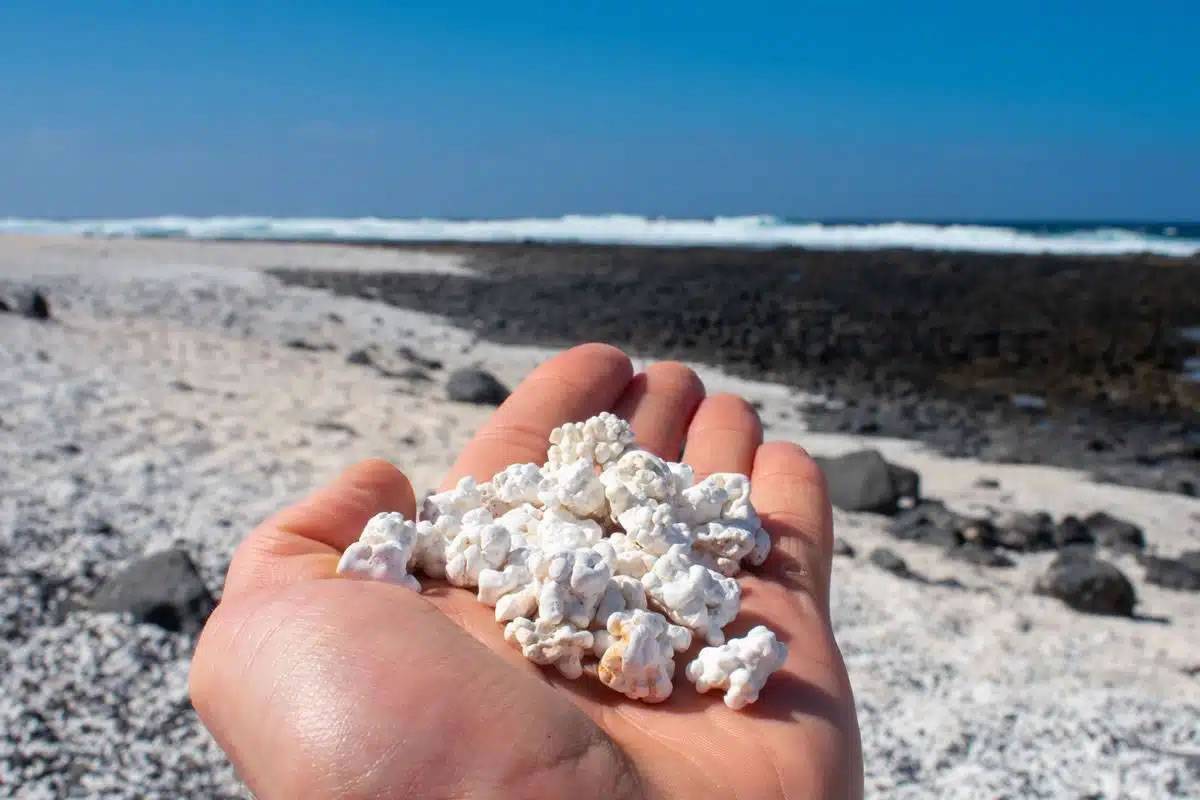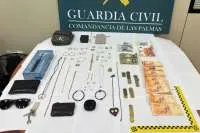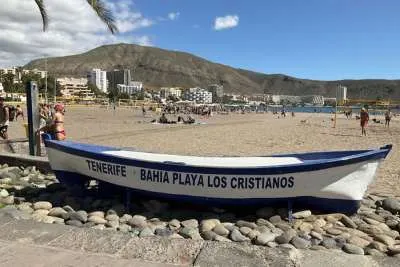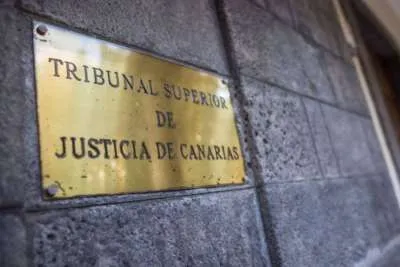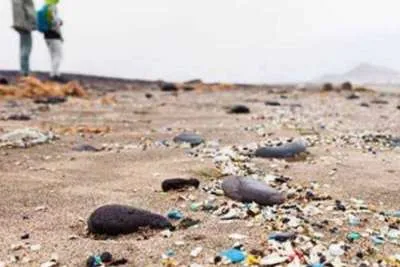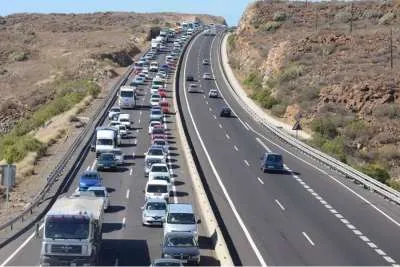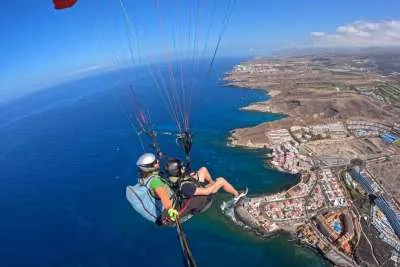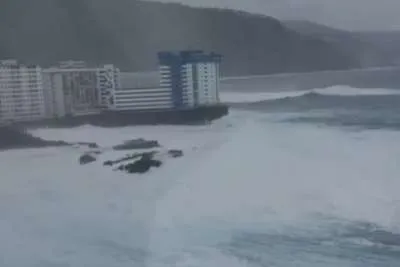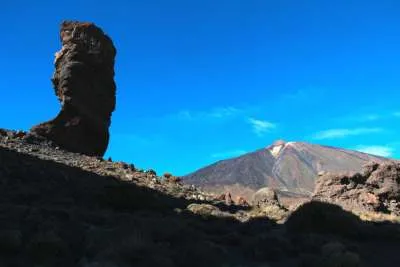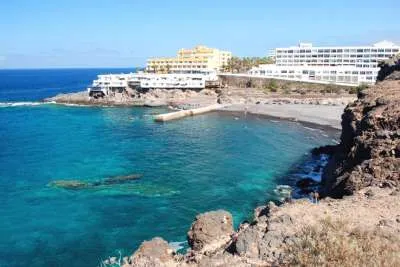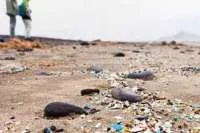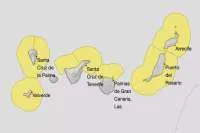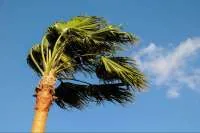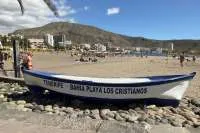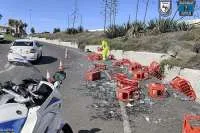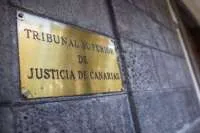Up to €3,000 fines for tourists taking home sand and stones from Canaries beaches
- 26-12-2023
- Fuerteventura
- Canarian Weekly
- Photo Credit: Stock Image
The problem of the loss of natural material due to the actions of tourists affects many destinations in Spain. In the Canary Islands, this situation harms, above all, beaches in Lanzarote and Fuerteventura, from where travellers take home tons of natural materials as souvenirs every year.
In the case of Lanzarote, the island loses about a ton (1,000kg) of natural matter annually from its protected spaces. As explained by the Minister of the Environment of the Cabildo, Samuel Martín, in most cases what tourists steal from the beaches is lithic material, such as stones, rocks, or sand.
The same situation occurs in Fuerteventura, particularly from ‘Popcorn’ Beach near Corralejo in the north of the island, where tourists try and take around 1,000 kilograms a month of the famous sand home as a souvenir, which is causing irreparable damage to the ecosystem despite big signs telling people it is an offence to do so.
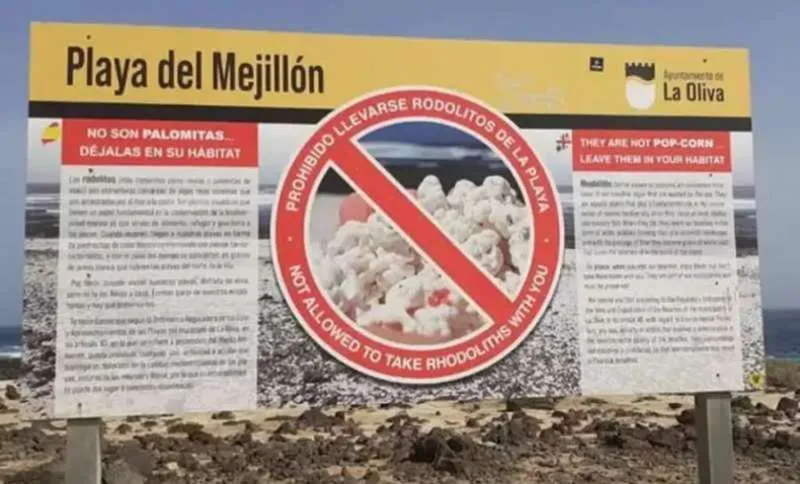
The problem for the authorities is that although most of the material is seized at the control of the Lanzarote and Fuerteventura Airports, offenders are not punished as it cannot be proven whether rocks, stones, or sand have been removed from a protected space or not.
In a comparable way, in the digital world, regulatory bodies face challenges when it comes to overseeing the SK online casino industry, ensuring fair play and preventing illegal activities like unauthorised gambling or fraud. Much like the environmental issues in the Canary Islands, the gaming industry is constantly balancing growth with the protection of its ecosystem.
However, the popcorn sand is much easier to prove and if people are intercepted at the airport with this in their possession, they can be sanctioned with either a minor offence, with fines ranging from 150 to 600 euros, or a serious offence with fines up to 3,000 euros, depending on the quantity they are trying to take home.
The Department of Environmental Sustainability for Fuerteventura reminds the population and visitors to the island of the importance of avoiding the plundering of materials from the beaches, and that, as councillor Lola García points out, the ecosystems of Fuerteventura are endangered.
Other articles that may interest you...
Trending
Most Read Articles
Featured Videos
TributoFest: Michael Buble promo 14.02.2026
- 30-01-2026
TEAs 2025 Highlights
- 17-11-2025


